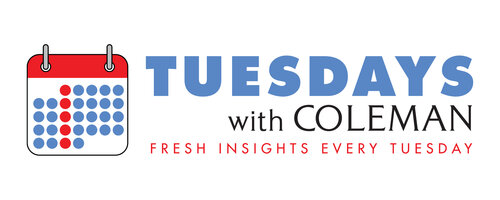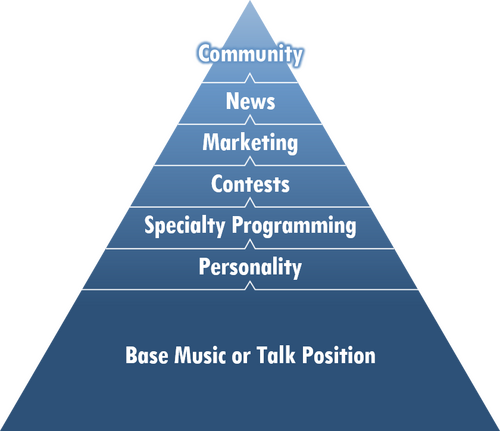
If I didn’t show up at my house until 8 or 9 on Friday night, my wife knew one of two things had taken place at the radio station I was programming. It was either Option A: the sales department turned spots in late, which delayed the traffic department, which delayed the merging of the log, which delayed my ability to time out the log for the weekend. Option B: I was scheduling the music for a specialty weekend, and the complexities of components like specialized clocks and imaging that I didn’t have time to get to earlier in the week were holding me up.
When it comes to specialty programming, there are many directions in which a radio station can go. Recently, I’ve listened to some stations that have aired specialty programming nearly every weekend. One was a “Superstar Artist Weekend” on a Classic Hits station, which focused on some of the big artists the station played. Other examples of specialty weekends I’ve heard across formats include a Live Music Weekend that spotlighted live tracks, a Summer/Beach-themed weekend, and an All-American weekend that brought extra attention to artists that were born in the United States.
On the one hand, there is no doubt that radio stations often excel at capturing and reflecting the moment. From that perspective, you can see how a Beach-themed weekend to kick off the summer and an All-American Weekend for the 4th of July could have some value. The million-dollar question: Is the effort you put into your specialty weekends worth it for what you’re getting in return? The answer: it depends. Let’s look at specialty programming from a research perspective.

The Coleman Insights Image Pyramid
As you’ll see on Coleman Insights’ Image Pyramid, Specialty Programming has a reasonably high position in the hierarchy of importance. Ensuring listeners clearly understand your station’s Base Music or Talk Position is job one. Building brand depth beyond the base position is incredibly challenging if the base position is not understood. Impactful personalities help drive listening to the station beyond the base position, which is reflected by its important position immediately above it.
So, we know Specialty Programming’s presence on the Image Pyramid can benefit station images. How it benefits your station depends on a few things, including: a) what the programming is that you’re airing; b) how often you air it; c) how well you promote it; d) whether it supports your base position.
This comes back to the Outside Thinking principle we often refer to. We know from decades of research studies that listeners have shallow perceptions of brands. We know they aren’t paying close attention. That’s why it takes so long to build images (and why it takes so long to shed them.)
When Specialty Programming shows up positively in research studies, it is generally because a radio station has aired something that’s memorable, that clearly supports the brand, and that is done deliberately and consistently over time.
A Mainstream Adult Contemporary station may, for example, air an 80s Weekend once a month, but only highlight the 80s songs it plays within regular rotation. A programmer of another station in the same format may have concluded that 80s is important enough to the strategy and an image he/she wants to build, so they run an 80s Weekend every weekend. Every single song is from the 80s and the imaging is significant. Which one do you think listeners will remember and have a chance to show up in research?
This doesn’t mean that stations that consistently run the same specialty programming each week are the only ones that can be successful from a research perspective.
Many Classic Rock stations have been running “A to Z” and “Top 500 of all-time” event programming on Memorial Day and Labor Day weekends regularly for decades. But it’s the fact that they’ve run them for so long during the same times that make them so memorable. If they switched it up each year, whether as a different feature or at a different time, it would lose its effectiveness. Two For Tuesday may sound played out and cliché to a radio person who has heard it the way radio people listen to it, but for the station it may be a memorable benchmark that may also help build the Base Music Position.
All of this is not to say you should throw away one-off topical features. They certainly have a place and time, but they serve a different purpose. They are called one-offs for a reason. Specialty programming is different with different criteria. But success from a research perspective still relies on a “yes” to these three questions: Is it memorable, does it build the brand, and are you doing it consistently? It applies for every format, from 90s Weekends for a Classic Country station or mix shows for a Hip Hop station. The next time you consider specialty programming, consider how you’ll use it to build an image. That’s the way to ensure a positive return on your time investment and lasting value for the brand.
